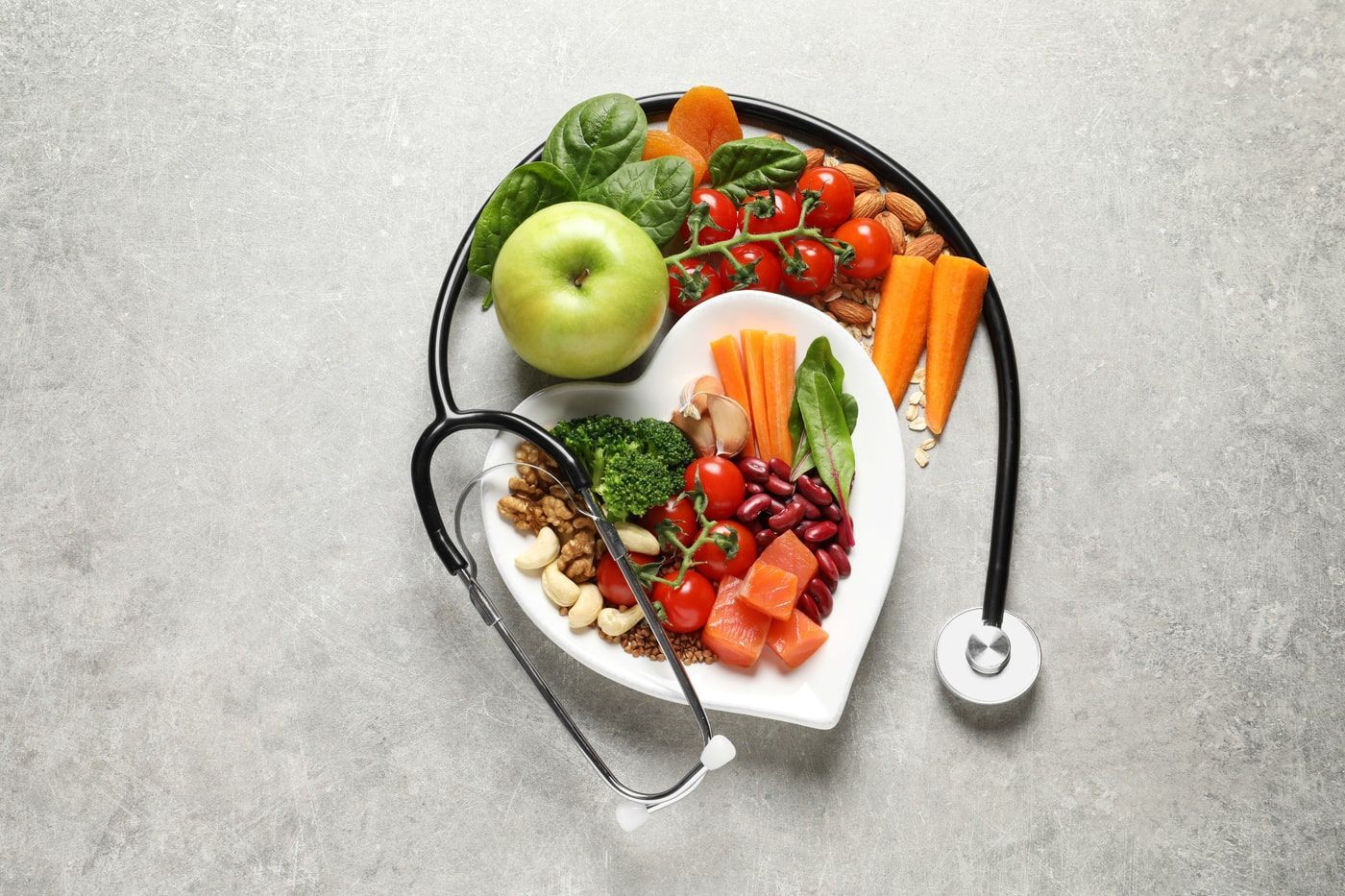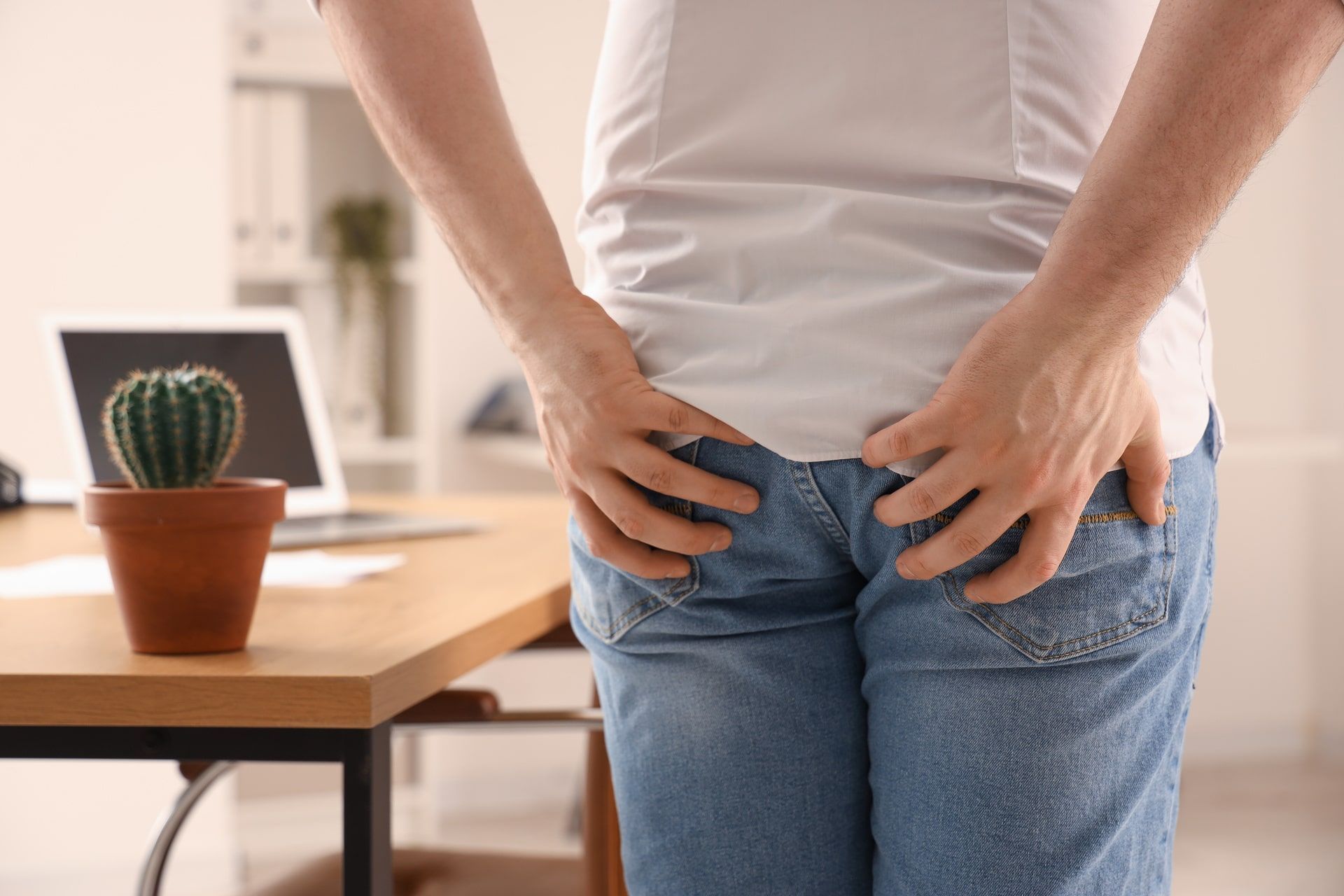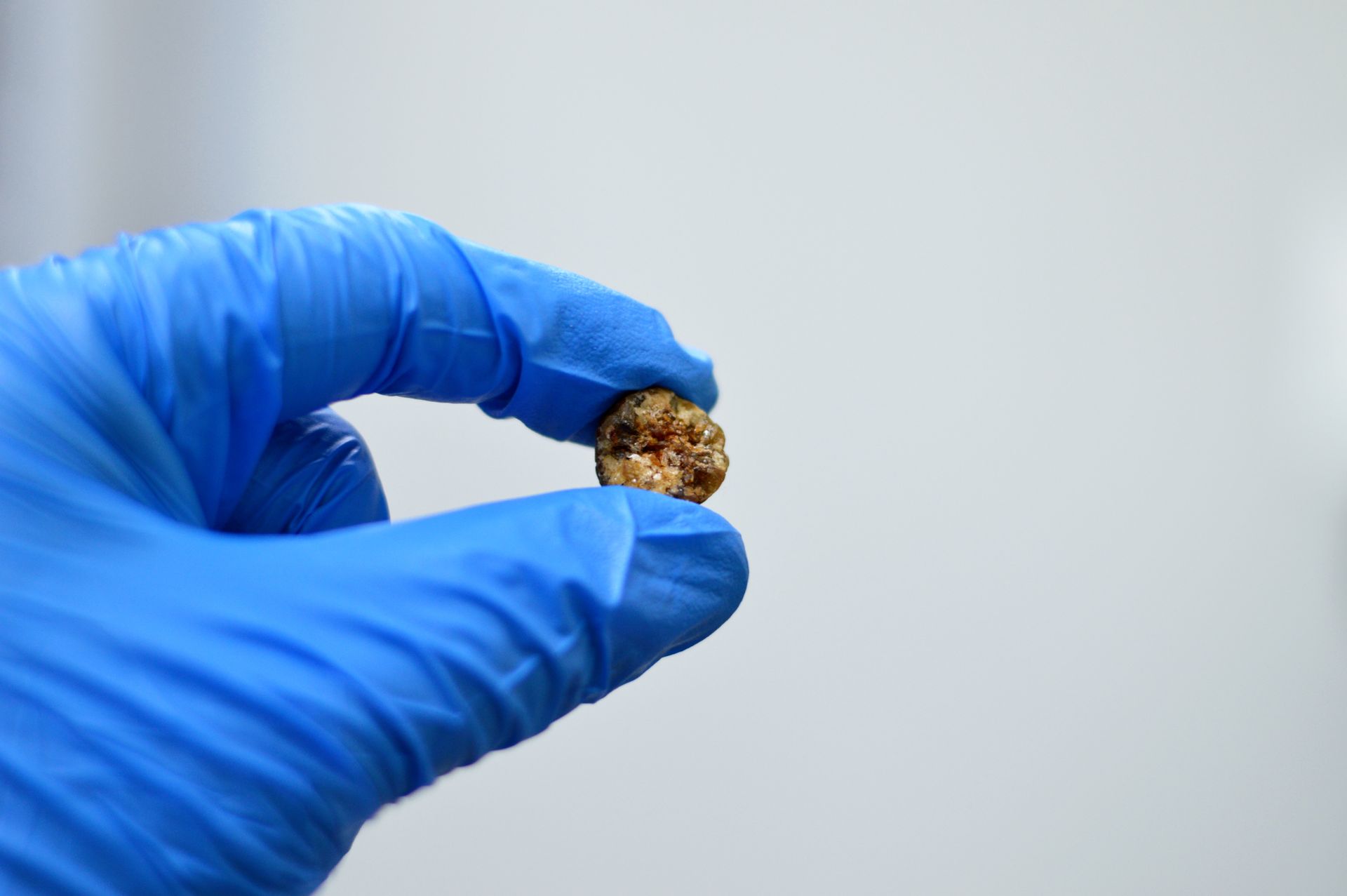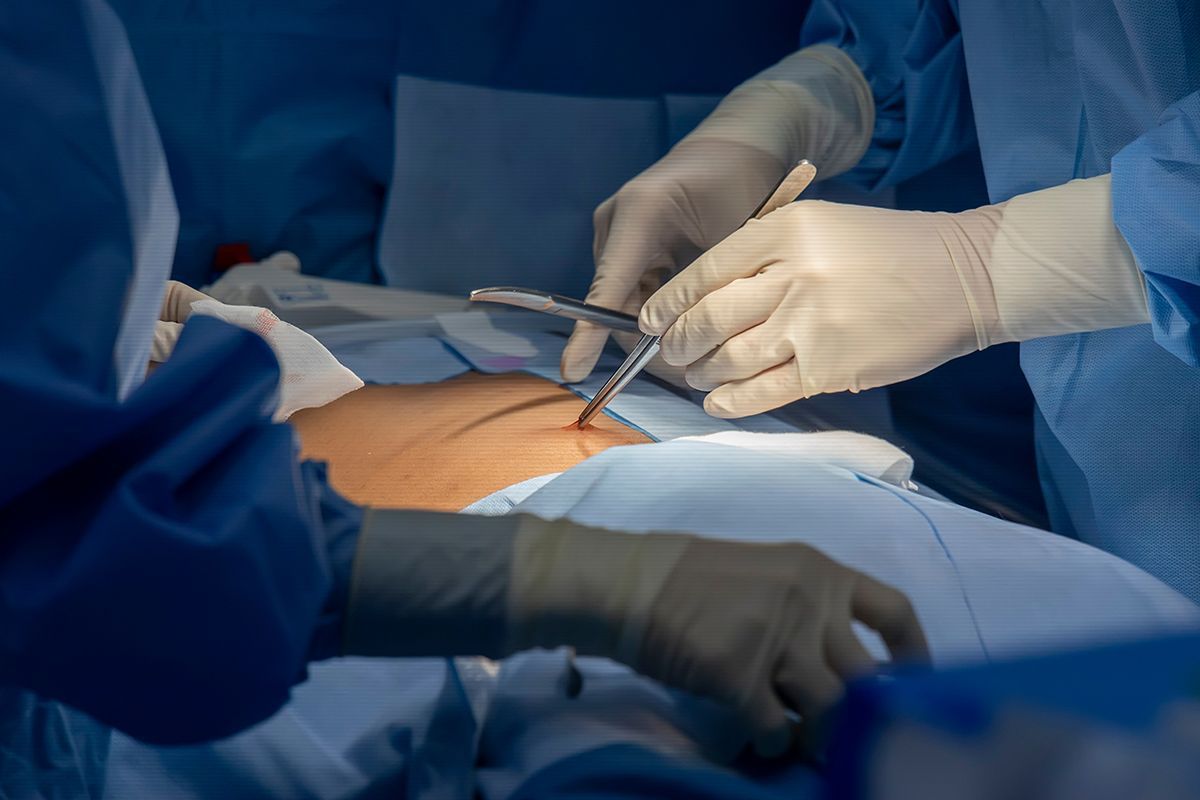Mount Elizabeth Novena Hospital #10-48/49
Tips to Avoid Developing Haemorrhoids
Haemorrhoids, also known as piles, are swollen vascular cushions in the anal canal that can cause discomfort, itching, and bleeding. They are common in adults, both male and female. . However, piles can be prevented with the proper habits.
This article explores preventive tips to help you maintain good digestive health and avoid haemorrhoids.
Consume Adequate Fibre in your Diet
A diet with adequate fibre can effectively prevent haemorrhoids. Fibre softens stool and adds bulk, making passing motion easier, reducing straining during bowel movements—a common cause of haemorrhoids. Adults should have around 25 to 30 grams of fibre per day. Good sources of dietary fibre include:
- Fruits and vegetables
- Whole grains (like oats, whole wheat, and brown rice)
- Legumes (beans, lentils, and chickpeas)
- Nuts and seeds
Having these foods in your daily meals can improve bowel regularity and reduce pressure on the rectal veins. However, if you’re not accustomed to a high-fibre diet, gradually add more fibre to your diet to prevent gas and bloating.
Stay Hydrated
Water is vital to digestive health, aiding food to smoothly move through the digestive tract and softening stool. Staying hydrated helps prevent constipation, reducing the risk of straining and haemorrhoids. Aim for at least two litres of water daily, though it may differ from person to person based on activity level, body weight, and climate.
Other hydrating beverages, like herbal teas and diluted fruit juices, can also count as your daily water intake.
Exercise Regularly
Regular physical activity helps to improve bowel function by stimulating intestinal activity, which can reduce the risk of constipation. Exercise promotes better circulation, preventing blood from pooling in the lower rectum and minimising the chances of haemorrhoid formation.
Ideally, engage in at least 30 minutes of moderate exercise on most days of the week. These can be brisk walking, cycling, or swimming, on most days of the week. Activities that increase core strength, like yoga or Pilates, can also benefit digestive health.
Avoid Straining During Bowel Movements
Straining is a leading cause of haemorrhoids. It puts extra pressure on the vascular complexes in the anal cushions and can lead to their swelling. To prevent straining:
- Go to the bathroom when you feel the urge rather than holding it in. Delaying bowel movements can result in harder stools, which are more difficult to pass.
- Adopt a relaxed posture on the toilet. Placing a small stool under your feet to elevate your legs can help position your body for easier bowel movements.
- Breathe deeply and relax your abdominal muscles to help move the stool without pushing forcefully.
Avoid Prolonged Sitting on the Toilet Bowl
Extended time spent on the toilet increases pressure on the vascular cushions in the anal canal. Avoid the habit of bringing reading materials or mobile devices into the bathroom, as this can lead to prolonged sitting. Use the bathroom only when necessary, and try to avoid sitting longer than necessary.
If you frequently spend a lot of time in the bathroom, it may be helpful to assess your diet and hydration habits. Constipation and slow bowel movements are often the underlying causes of haemorrhoids.
What to Do if You Have Piles
If you develop piles, early intervention can prevent them from worsening. Some home remedies include:
- Warm baths or sitz baths: Sitting in warm water for ten to fifteen minutes can relieve itching and pain.
- Over-the-counter creams and ointments: Various haemorrhoid creams can reduce pain, swelling, and irritation.
- Ice packs: Applying an ice pack to the area for a few minutes can help reduce inflammation and numb pain.
These treatments can be effective for mild haemorrhoids. However, if symptoms show no improvement or worsen, consult a piles doctor for further advice.
Is Piles Surgery Necessary?
For many people, piles can be managed with non-surgical treatments. These treatments are designed to relieve symptoms, reduce swelling, and improve comfort. They are often effective for mild to moderate cases and can help avoid the need for surgery.
It is important to emphasise that these treatments do NOT lead to any cure from haemorrhoids. The symptoms may improve but the haemorrhoids do remain.
In cases of larger haemorrhoids—especially when bleeding is frequent, pain is severe, or the haemorrhoids are prolapsed—your doctor may recommend surgery. The surgeon will perform a haemorrhoidectomy to remove the piles surgically. There are several options for this procedure and your surgeon will be best positioned to recommend based on the severity of symptoms and clinical grade of haemorrhoids. There is no one-size-fits-all type of treatment.
Piles Surgery in Singapore
If you’re considering haemorrhoid surgery, choose a specialised clinic with experienced colorectal surgeons. Colorectal Clinic Associates offers haemorrhoid treatment options, providing patients with individualised care and expertise. Our team of skilled colorectal specialists uses minimally invasive techniques, where possible, to reduce recovery time and improve patient comfort.
Consult us for piles treatment now.






